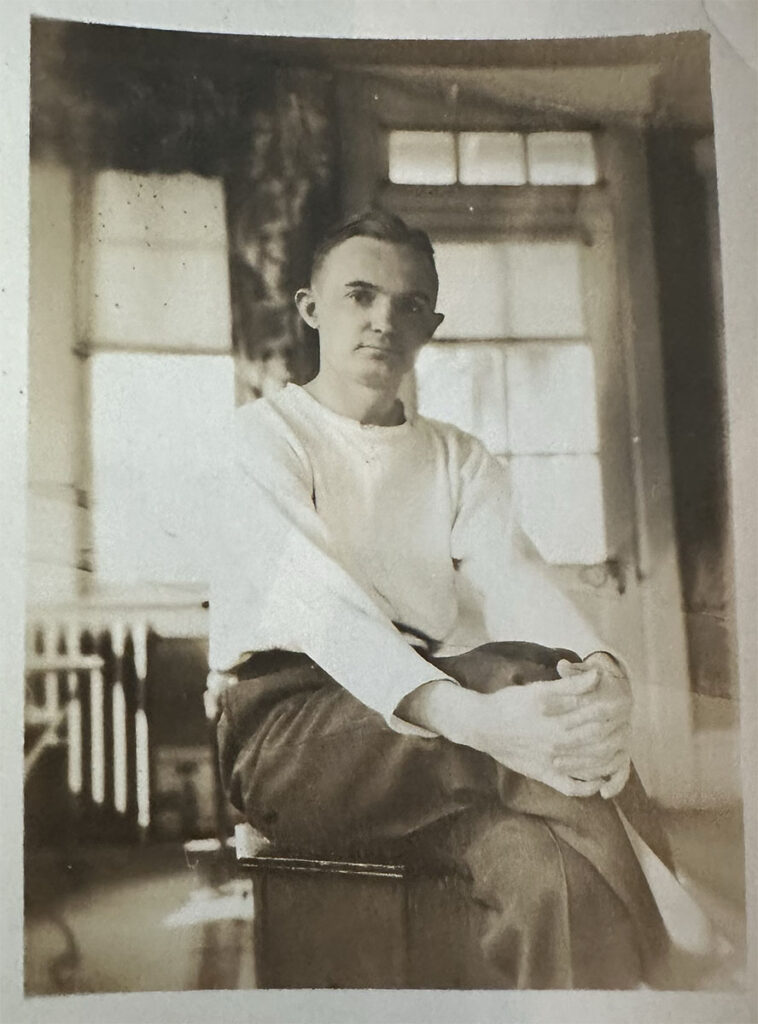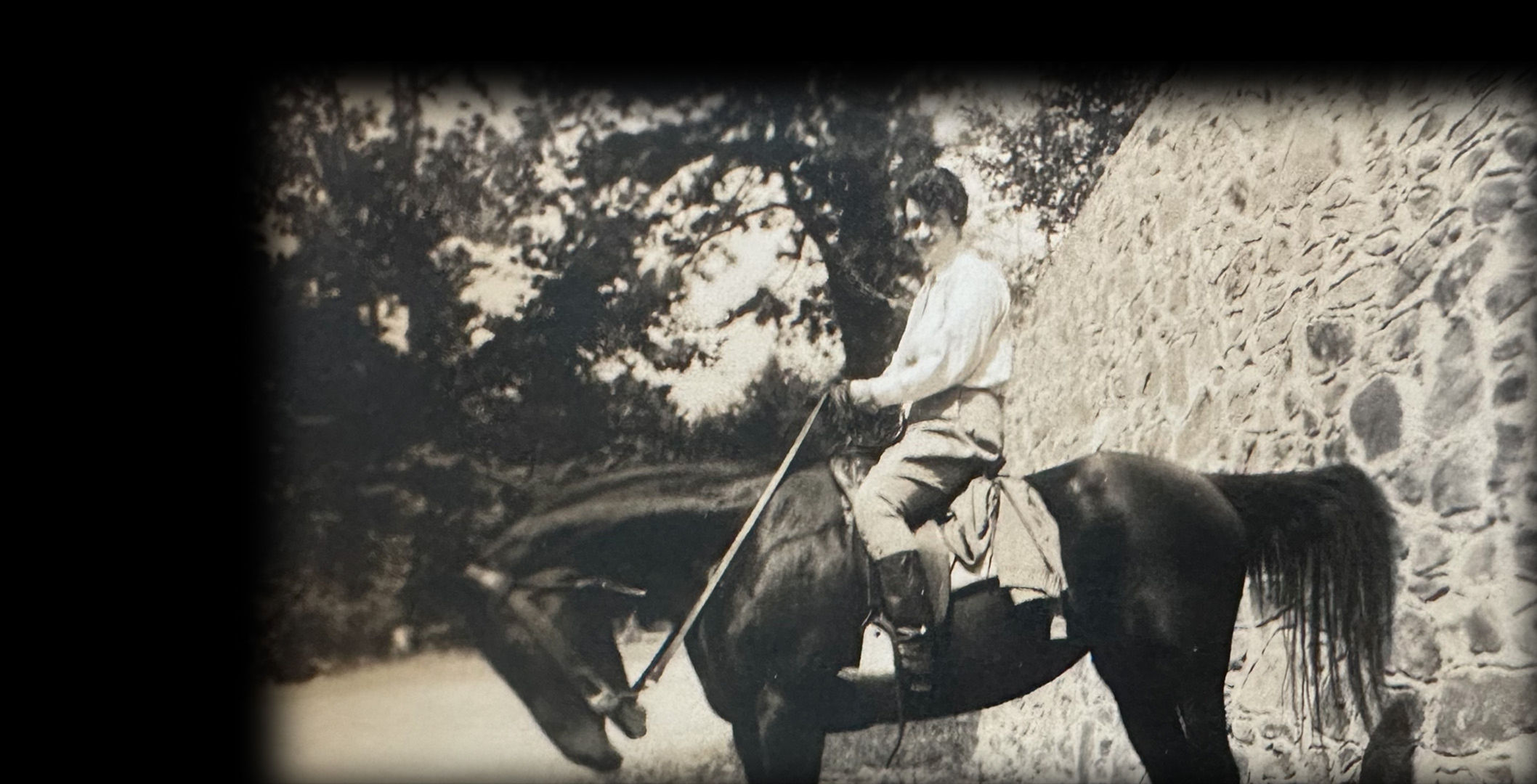It began with DNA really. In 20– I submitted samples from myself, my parents, and my maternal aunt (my mother’s identical twin) to a DNA service. The results state that I and my father have African DNA. Bit of surprise. But it got me thinking about ancestry in general and where my family existed in history and what their roles were. As far as I knew, some were enslavers. As far as I knew, there was no other connection to Africa. I believed I knew these things because my maternal grandfather and my father both left their genealogical research for future generations to explore. So I opened up my grandfather genealogy books, and I pulled out my father’s research. And I started to explore.

For no particular reason I started with my maternal grandmother’s side of the family. I opened ‘Thomas Seavey and Robert Irwin’ by Crockett Allen Harrison and started to read. And honestly the first thing that hit me was my grandfather’s effort to make my grandmother’s ancestors into something very special. Against all evidence to the contrary.
I began tracing the families — where they lived and what they did –back further and further. As you go back, it is the same story: small farmer, Bloomer, soldier, mother. No doctors, no lawyers, no heads of state, no preachers, no ministers. Not even a town selectman, it seems. Just farmers and soldiers, workers, and breeders.
I would like to know why the first ones traveled from the north down the Lawrence River and then the Riverè Richelieu to Lake Champlain. Why? Were they the groundbreakers? They ones cutting back the bush and killing the Indians? Or were they the ones who flooded in after the Indians were dead or moved on. The bodies needed to hold this territory for the family that claimed it and the new nation that would soon supersede that claim?
